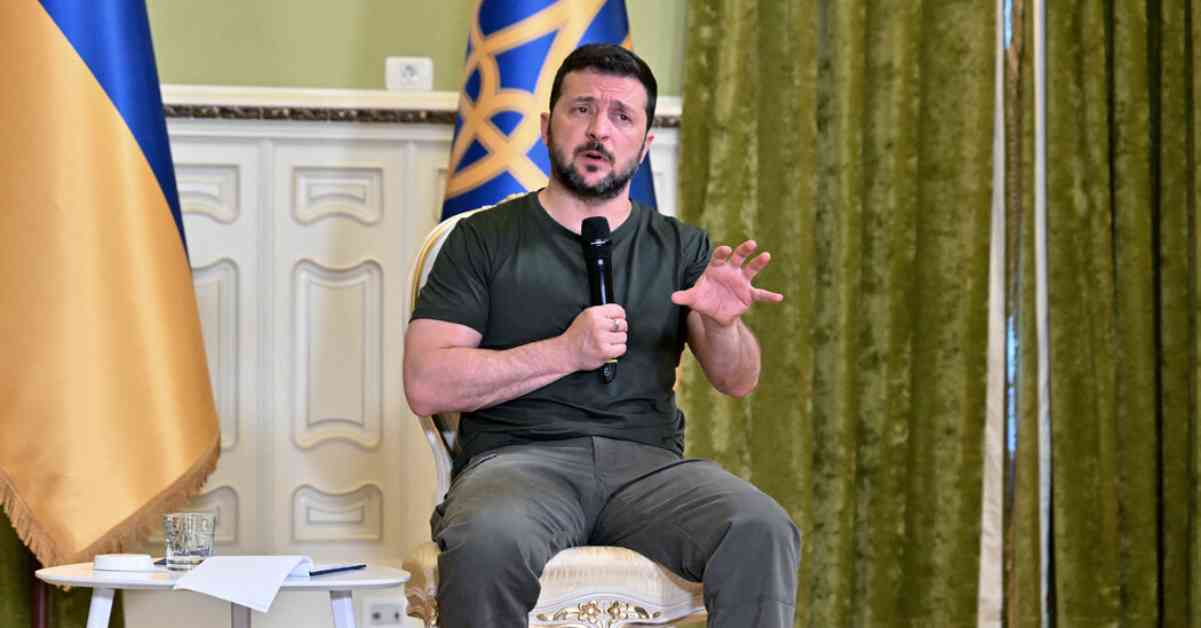President Volodymyr Zelensky of Ukraine had a phone call with former President Donald J. Trump, sparking concerns in Kyiv about the future of American support for Ukraine’s fight against Russia. Ukrainian officials fear that if Trump is re-elected and follows through on his promise to end the war quickly, it could leave Russia in control of occupied territory and vulnerable to future attacks on Ukraine.
During the call, Trump expressed his desire to bring peace to the world and end the war that has caused significant loss of life. He mentioned that both Russia and Ukraine should negotiate a deal to end the violence. Zelensky, on the other hand, emphasized the importance of bipartisan American support for Ukraine’s freedom and independence. The two leaders agreed to discuss steps towards achieving a fair and lasting peace in a personal meeting.
This conversation marks the first contact between Zelensky and Trump since the latter’s departure from office in 2020. While Ukrainian officials have tried to remain neutral in the U.S. presidential campaign, they are actively engaging with Trump’s camp to influence his stance on Ukraine. Oleksandr Kraiev, from Ukrainian Prism, mentioned that diplomats are working on strategies to convince Trump to continue supporting Ukraine, given his unpredictable foreign policy decisions.
Kyiv hopes to align its goals with Trump’s interests in projecting strength as a leader and protecting the American economy. By emphasizing these points, Ukrainian officials believe they can appeal to Trump’s priorities and secure ongoing support for their country. The Republican Party’s platform, however, does not specifically mention Ukraine, focusing instead on restoring peace in Europe.
In the midst of ongoing conflict in Ukraine, it is crucial for the country to maintain strong international alliances and secure support from key stakeholders like the United States. The outcome of future diplomatic efforts and negotiations with leaders like Trump will play a significant role in shaping the trajectory of the war and determining Ukraine’s strategic position in the region. As developments continue to unfold, it remains to be seen how these conversations will impact the dynamics of the conflict and the prospects for peace in the region.





















